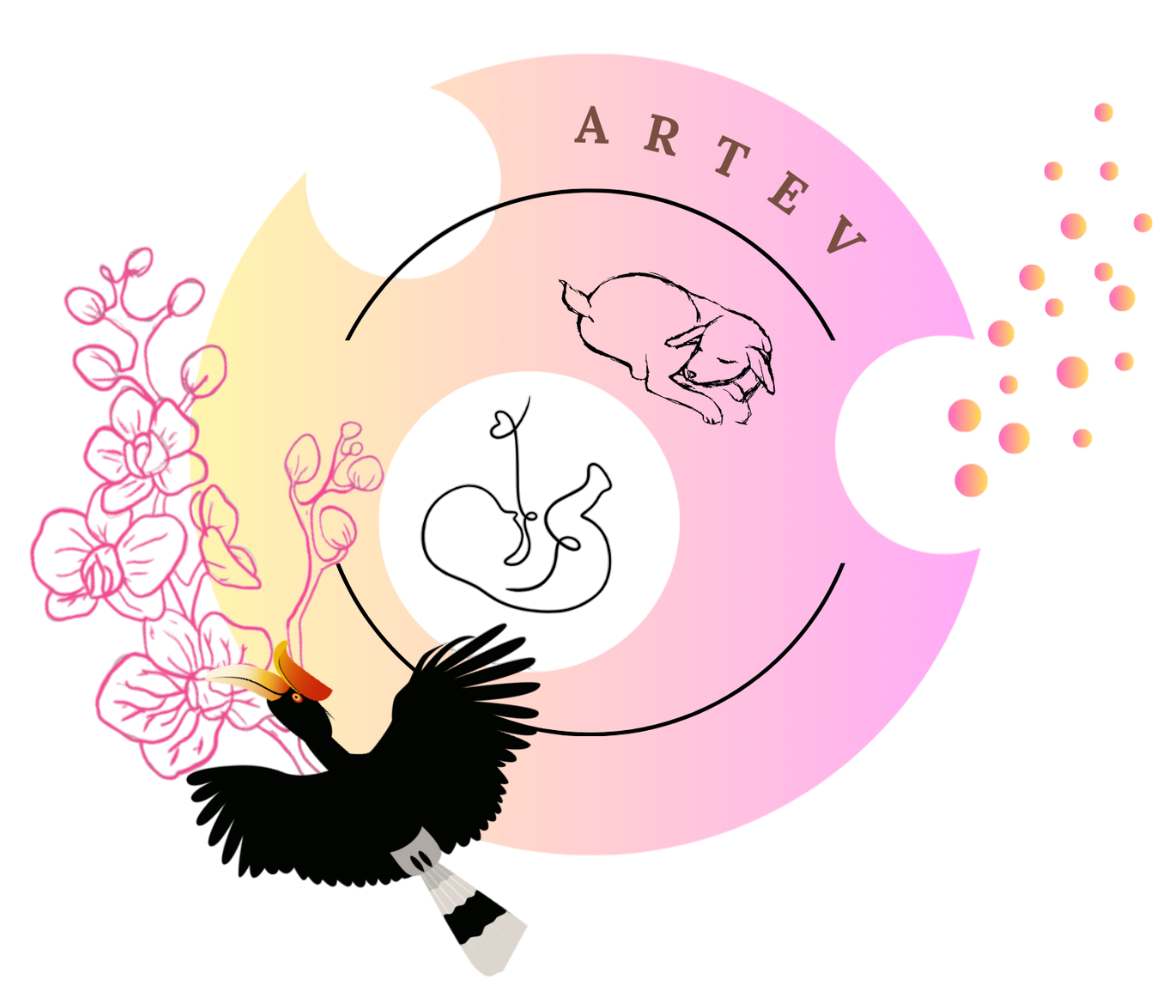Muhammad Lokman Md Isa
Planetiium, IIUMMalaysia
Prof. Ts. Dr. Muhammad Lokman Md Isa, born in Arau, Perlis, is an accomplished academic and researcher in biomedical and reproductive sciences. He holds a Bachelor's and Master’s degree from Universiti Kebangsaan Malaysia (UKM), specialising in biomedical science, pharmacology, and nutrition-related biochemistry. His Master’s work explored the role of vitamin C in regenerating vitamin E for clinical nutrition. He later earned his PhD from the University of Sheffield, UK, focusing on human germ cell development and spermatogenesis from stem cells, contributing significantly to regenerative medicine and fertility research. At the International Islamic University Malaysia (IIUM), Prof. Lokman has conducted wide-ranging research in stem cell biology, reproductive biotechnology, and regenerative medicine. He has also contributed work in assisted reproductive technology (ART) for animals, particularly wildlife, adapting human fertility techniques to support endangered species conservation. His expertise in germ cell differentiation and cryopreservation has helped develop innovative methods for preserving and enhancing animal fertility. His ground-breaking initiative, the Frozen Zoo at IIUM, is Southeast Asia’s first genetic biobank for endangered species. It stores cell lines and reproductive materials to support wildlife conservation through ART, including in vitro fertilization, artificial insemination, and gamete preservation. He also serves on the Expert Working Group on Endangered Wildlife Species (EWG EWS). A dedicated mentor, Prof. Lokman has supervised numerous postgraduate students, secured major research grants, published extensively, and contributed to patented innovations. His work bridges biomedicine, conservation, and sustainability—making a lasting impact on both science and the planet.
- Day 1, 23 Oct 2025 (1400-1420) @ Room 3Breakthrough in In Vitro Maturation (IVM) Using Immature Monkey Oocytes: The Latest Achievement from IIUM Frozen ZooBreakout 3.1
